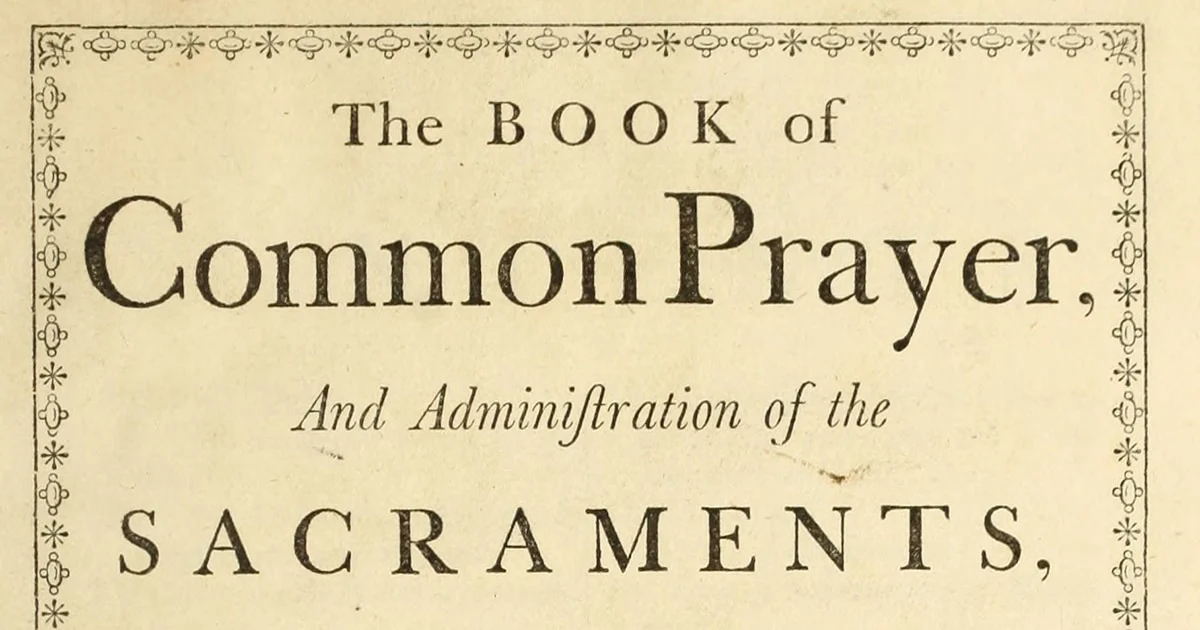A few thoughts on formation
Sunday in an adult forum discussion at church we talked about how our theology is formed by prayer, and our prayer shaped by our singing, and today that leads me down the rabbit hole thinking about formation.
When I was in first grade my church started an AWANA program. Being the over-achieving type, I started with the kindergarten-level book, started memorizing bible verses, caught up the year I’d missed, and kept memorizing all the way through high school. I have written before about the misgivings I have about the way AWANA selectively chooses memory verses to push a specific theological perspective. But for better or worse, I was formed by those verses. They are phrases that immediately jump to mind in any appropriate (and sometimes inappropriate) situation. The beautiful cadences of the King James Version are forever burned into my neural pathways.
There were other formative works. As a tween I read the covers off the paperback box set of The Chronicles of Narnia. I was reminded of this last week on Thanksgiving when a friend’s daughter tried to pull a classic children’s prank on me. I really should’ve given her the joy of pulling one over on the old guy, but I’m too competitive for that, so instead of biting on the joke I gave a sideways answer, deflating her 10-year-old anticipation just a bit. Her mom then asked me what the discussion was about, and I related the story, chuckling “do you think I didn’t try that same prank when I was your age?” Immediately my friend spoke a line that reminded me that she, too, was formed by those books. “Do not cite the Deep Magic to me… I was there when it was written.” This is the power of formation. You don’t go searching for a line like that deep within your memory banks when it’s needed. It’s already so ingrained in your mind that it’s just the first, most natural thing to come out.
It need not be from sacred or serious sources. (I can’t hear someone say “bye, boys” without at least silently tagging on “Have fun storming the castle!”, nor can I hear someone say that they’ll “ping” someone without mentally following up “one ping only, please” in my best Connery-esque pseudo-Russian accent.) This brings me back to the prayer book.
I was first introduced to the Book of Common Prayer through Brian Zahnd and his prayer school. Brian is doing an interesting mix of evangelical, Pentecostal, contemplative, and traditional prayers within his prayer approach, and while I haven’t adopted it for the long term, it was my first taste of what my now-Episcopal self knows to be classic texts from the prayer book.
Most merciful God, we confess that we have sinned against you, in thought, word, and deed, by what we have done, and by what we have left undone.
We have not loved you with our whole heart; we have not loved our neighbors as ourselves. We are truly sorry and we humbly repent.
For the sake of your son Jesus Christ have mercy on us and forgive us, that we may delight i your will and walk in your ways to the glory of your name. Amen.
I remember coming upon those words for the very first time and thinking “wow, this is so beautifully… comprehensive”. It covers things clearly, specifically, with reference to scripture, without dropping down into excruciating detail about each individual sin… what a brilliant confession! Really wise words! Oh naive evangelical that I was, not knowing the riches shared by those who had gone before.
Over the past 18 months in the Episcopal church there are new words forming me.
We believe in God the Father Almighty, maker of heaven and earth, of all that is, seen and unseen…
It is good, and a right and joyful thing, always and everywhere, to give thanks to you, Father almighty, Creator of heaven and earth…
The gifts of God for the people of God. Take them in remembrance that Christ died for you, and feed on him in your hearts by faith, with thanksgiving.
The body of Christ, the bread of heaven…
Keep watch, dear Lord, with those who work, or watch, or weep this night, and give your angels charge over those who sleep….
As Rich Mullins said in an appropriately-named song: I did not make it—no, it is making me.
And I have now written an entire post about formation without even touching the topic of singing… that will have to keep for another time.
